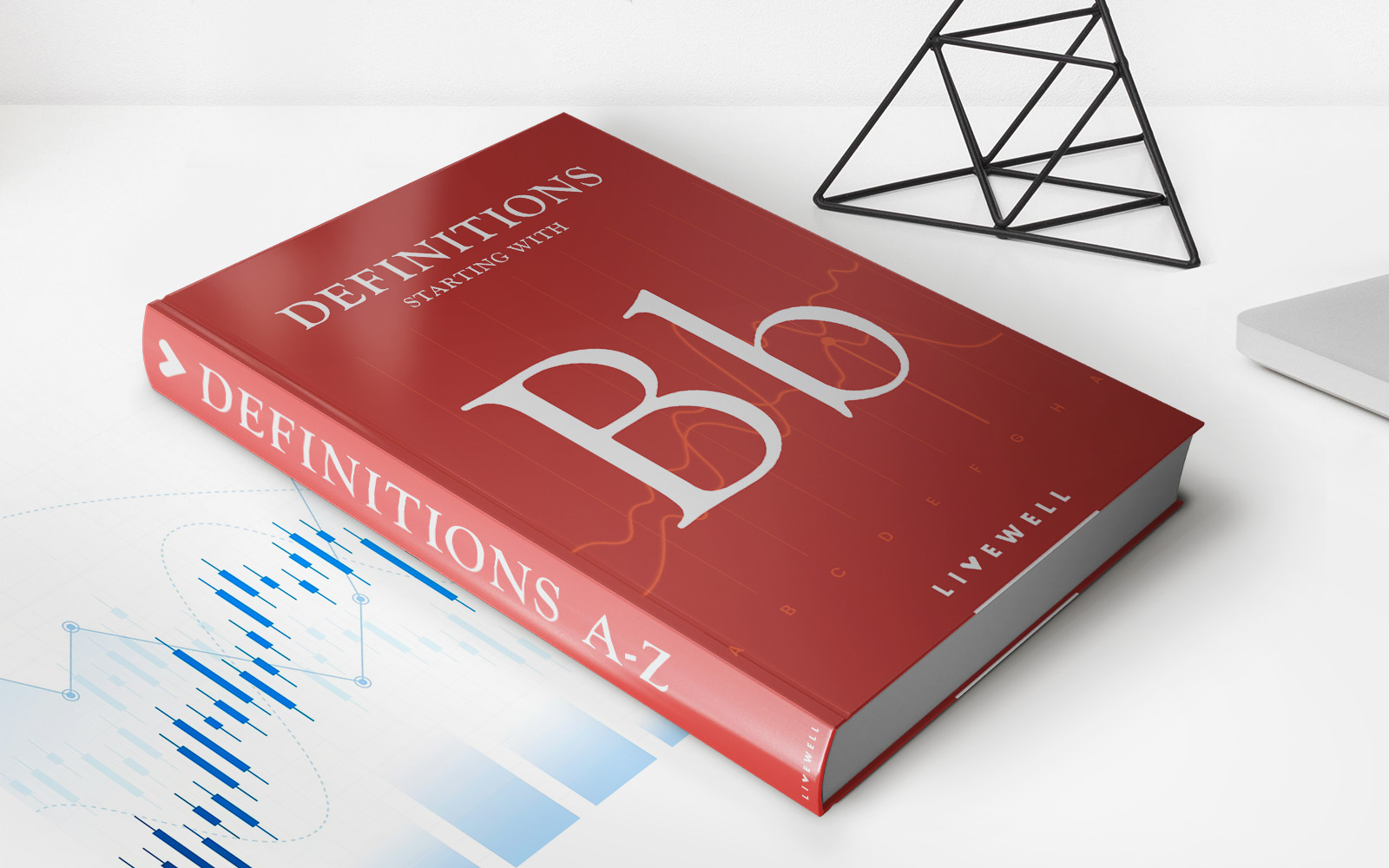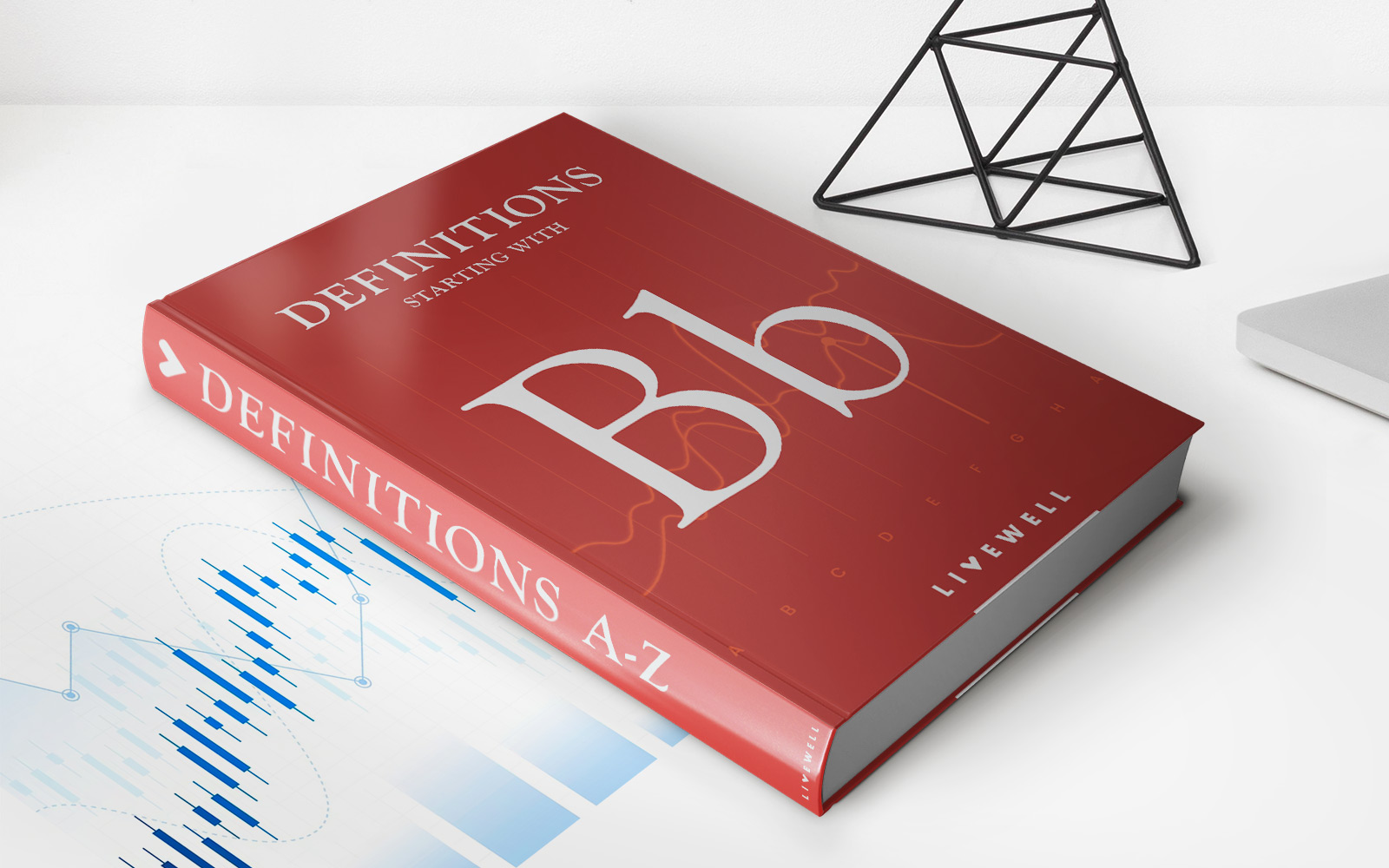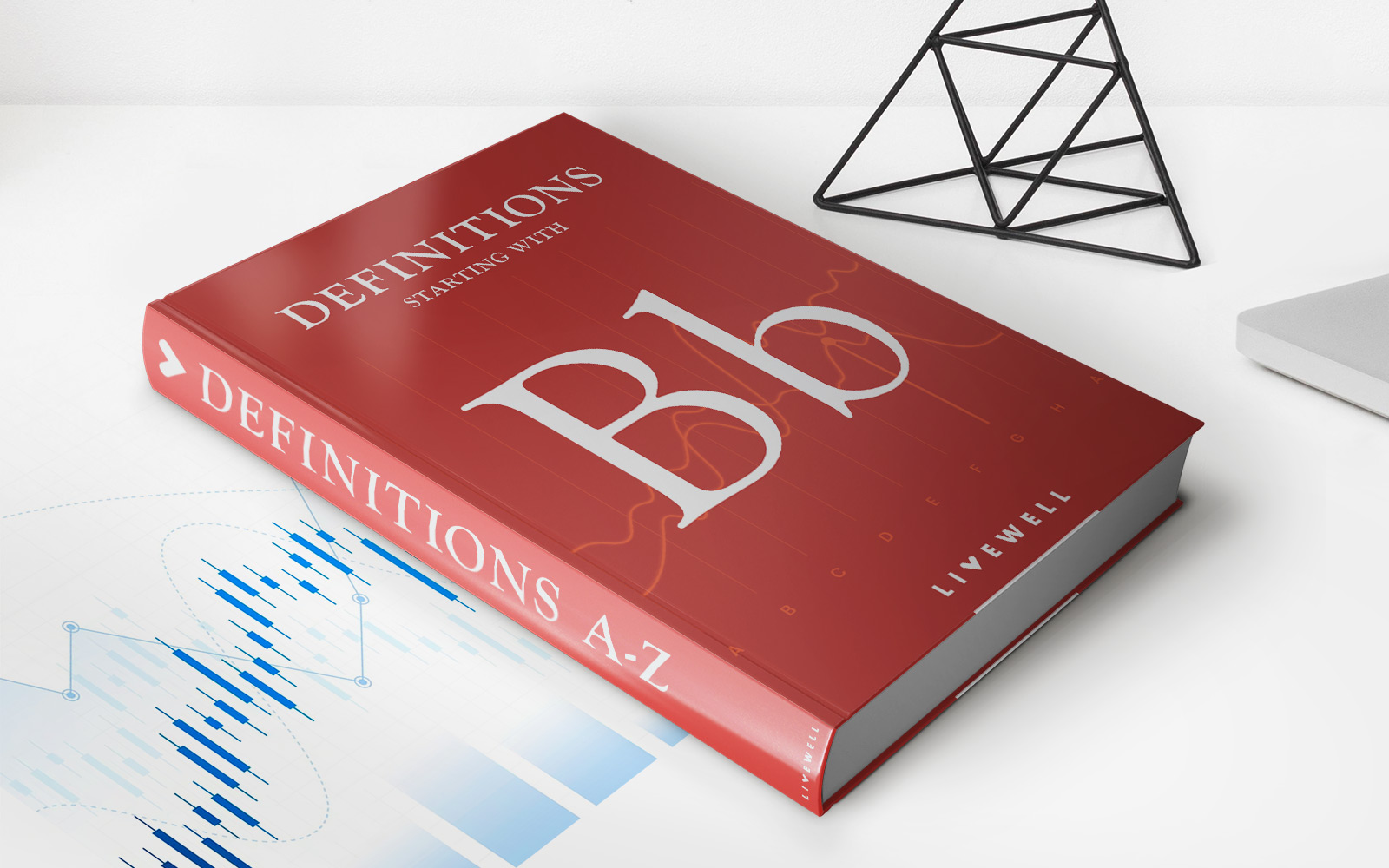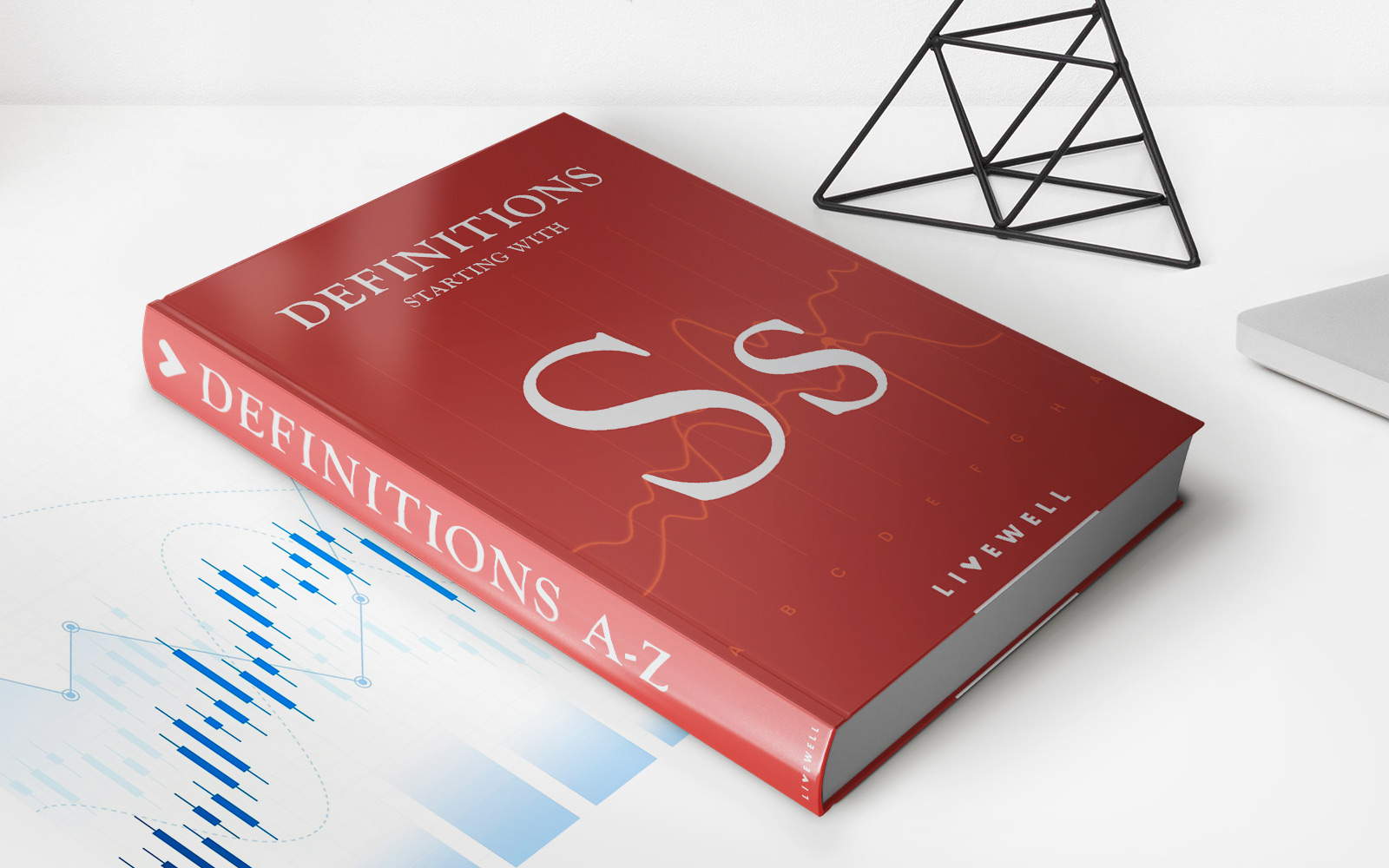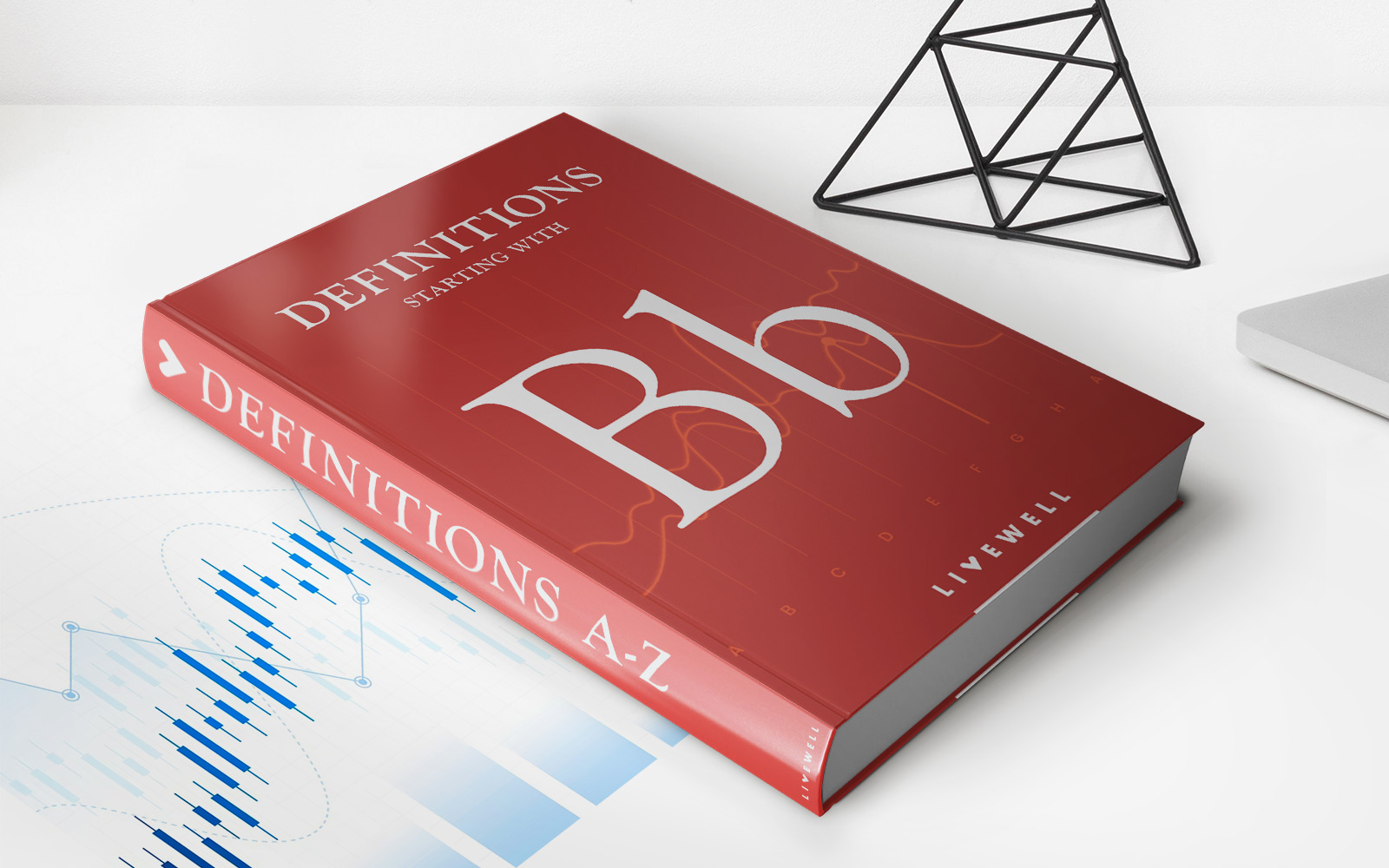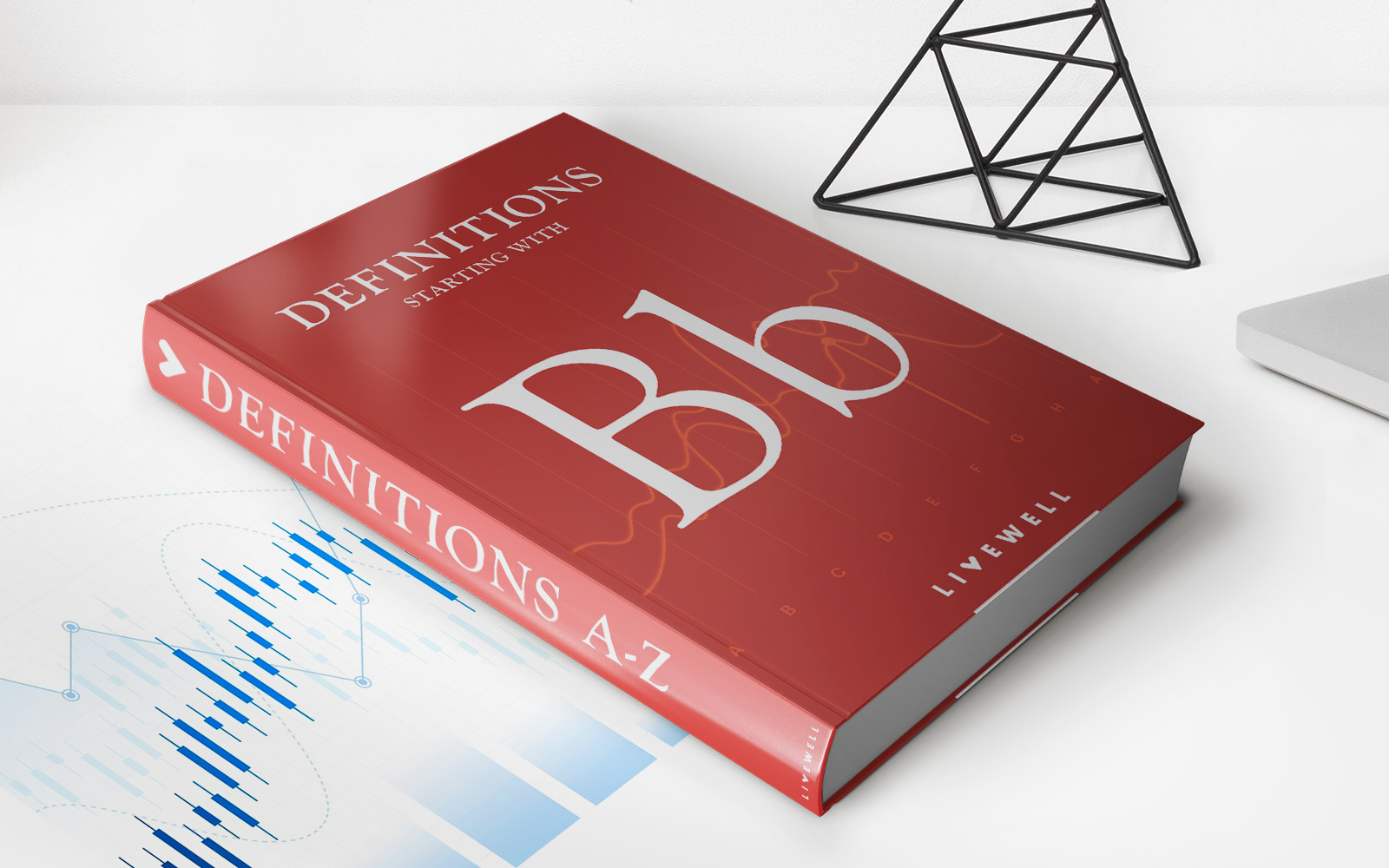

Finance
Brokered CD Definition, Pros/Cons, Other Types
Published: October 19, 2023
Looking to invest in finance? Learn about brokered CDs, their definition, pros/cons, and other types in our comprehensive guide.
(Many of the links in this article redirect to a specific reviewed product. Your purchase of these products through affiliate links helps to generate commission for LiveWell, at no extra cost. Learn more)
Understanding Brokered CD: Definition, Pros/Cons, and Other Types
When it comes to managing your finances, it’s important to consider all the options available to you. One such option is a brokered certificate of deposit (CD), a unique investment vehicle that offers several advantages over traditional bank CDs. In this article, we’ll dive into the world of brokered CDs, exploring their definition, pros and cons, and other types available in the market. So, whether you’re a seasoned investor or just starting out, read on to learn more about this fascinating financial instrument.
Key Takeaways:
- Brokered CDs are a type of certificate of deposit that are bought and sold through brokerage firms rather than directly from banks.
- One of the main advantages of brokered CDs is their potential for higher interest rates, making them attractive to investors seeking better returns.
What is a Brokered CD?
A brokered CD is essentially a certificate of deposit that is bought and sold through a brokerage firm instead of being directly issued by a bank. Unlike traditional bank CDs, which are held until maturity, brokered CDs can be traded on the secondary market, offering investors more flexibility. They typically have higher minimum investment requirements than bank CDs, thus appealing to those with a higher risk threshold or looking to invest larger sums of money.
Pros and Cons of Brokered CDs
Like any financial instrument, brokered CDs come with their own set of advantages and disadvantages. Let’s take a closer look:
Pros:
- Potential for Higher Returns: Brokered CDs often offer higher interest rates compared to traditional bank CDs, allowing investors to potentially earn better returns on their investment.
- Market Flexibility: Unlike bank CDs, which are often locked in until maturity, brokered CDs can be bought and sold on the secondary market. This offers investors the opportunity to exit their investment early if needed.
- Diversification: Brokered CDs provide investors access to a wide range of issuers and maturities, allowing for greater diversification within their investment portfolio.
Cons:
- Higher Minimum Investments: Brokered CDs typically require higher minimum investments compared to traditional bank CDs, which may be a deterrent for some investors.
- Interest Rate Fluctuations: The interest rates on brokered CDs can change daily, making it challenging to predict the exact return on investment.
- Brokerage Fees: Buying and selling brokered CDs through a brokerage firm may incur additional fees, which could eat into the overall returns.
Other Types of Brokered CDs
While the concept of brokered CDs is relatively straightforward, it’s essential to be aware of the different types available in the market. Here are a few examples:
- Callable CDs: These CDs allow the issuer to “call back” the CD before its maturity date, usually when interest rates have fallen.
- Step-Up CDs: With these CDs, the interest rate increases at predetermined intervals during the CD’s term, providing the potential for increased returns.
- Indexed CDs: These CDs are linked to a specific index, such as the stock market or inflation rate, offering the potential for higher returns but also greater risk.
As with any investment, it’s crucial to carefully consider your financial goals, risk tolerance, and investment horizon before diving into the world of brokered CDs. Consulting with a qualified financial advisor can help ensure that this investment aligns with your overall financial strategy.
In conclusion, understanding the definition, pros and cons, and other types of brokered CDs can provide you with valuable insights into this unique financial instrument. If you’re looking for potential higher returns, market flexibility, and diversification within your investment portfolio, consider exploring brokered CDs as part of your overall financial plan. Just remember, it’s important to do your due diligence and consult with a financial professional before making any investment decisions. Happy investing!
